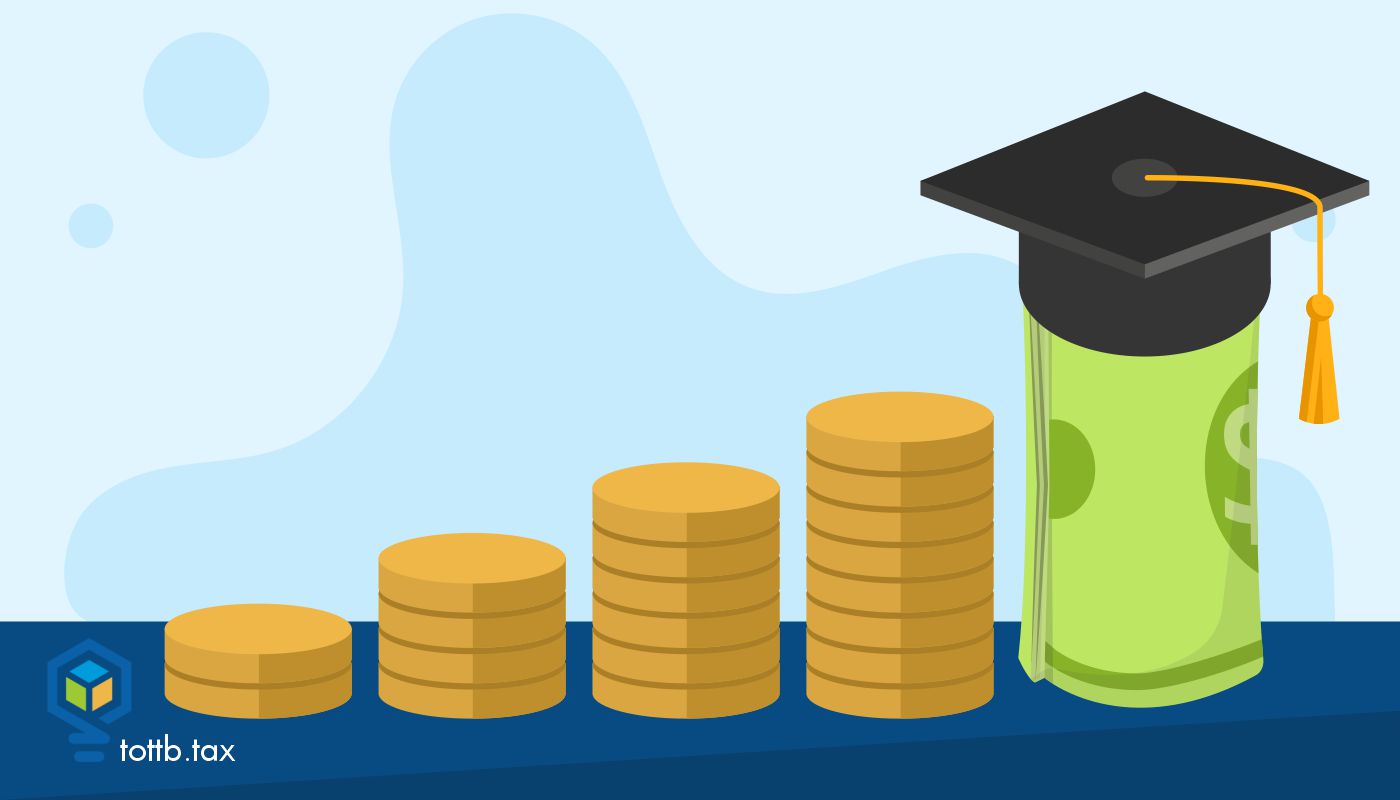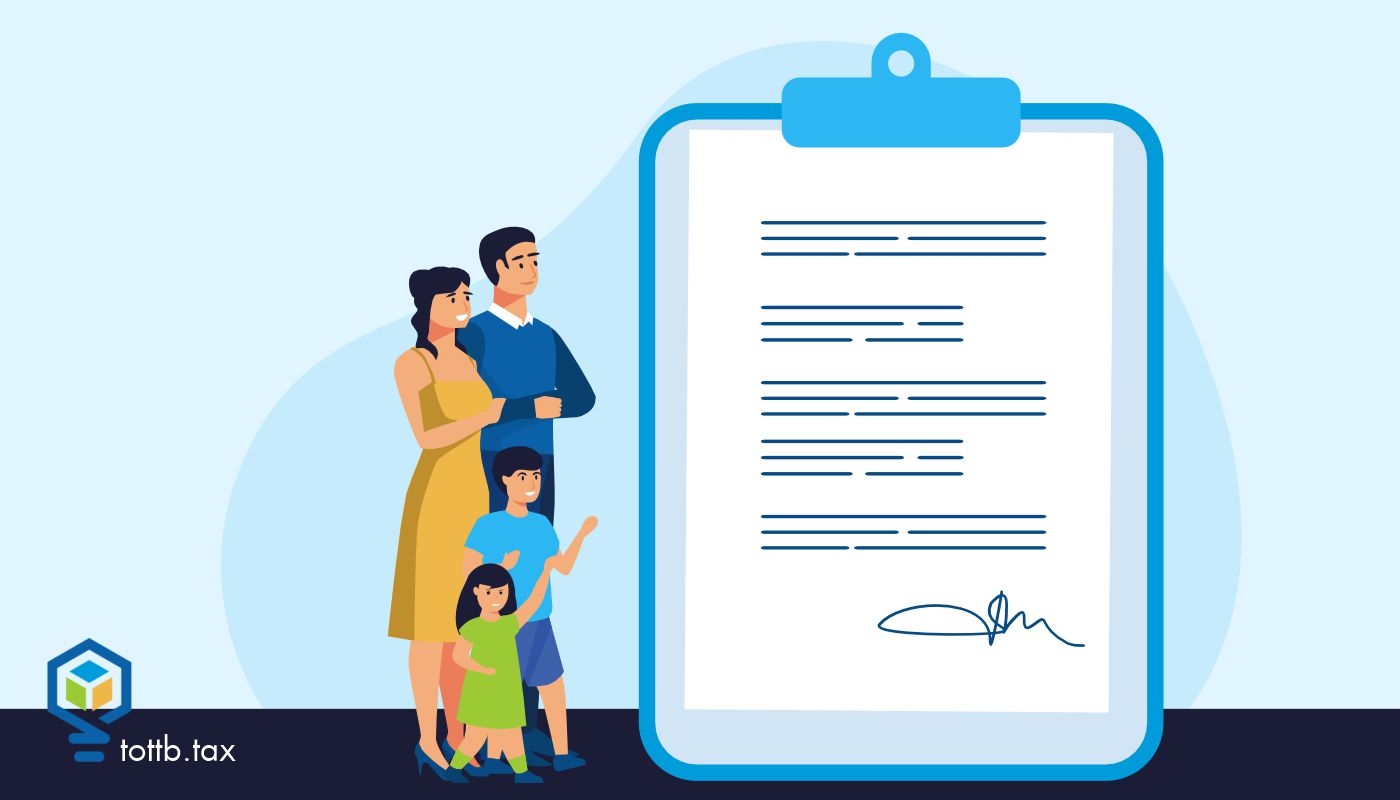
At Around the Tax World, you can find out all about what’s going on in the wonderful, worldwide world of tax. Every month, we’ll feature a few mini-articles on what’s been going on in the world when it comes to tax, and fully available for viewing even if you don’t have a subscription.
If you wish to subscribe and gain access to all articles on the site, be sure to check out the benefits of doing so here!
Check out what’s happening all around the world of tax!
In The Headlines
- Not liking Louis Vuitton’s men’s line this year? Blame Pharrell. Louis Vuitton is just one of several high-end fashion brands that have hired a celebrity as their creative director. Pharrell Williams became the menswear creative director for Louis Vuitton earlier this year. Similarly, DJ Khaled was recruited by Snipes to take on the role of chief creative officer for the streetwear brand Snipes. The music producer also worked with Snipes to launch a new concept store this year that sells athleisure wear.
- A former IRS worker pleaded guilty to releasing Donald Trump’s personal tax records. Charles Littlejohn affirmed that he stole tax data from the former president and thousands of other wealthy taxpayers, including Elon Musk and Jeff Bezos. Littlejohn also confessed to providing tax information to the New York Times and ProPublica. Neither media outlet is currently charged with wrongdoing. Trump’s tax returns were a matter of controversy during the 2016 presidential election when the then-candidate refused to disclose his tax records to the public.
- Spain vs Shakira: The country charges the pop star with tax evasion for the second time. Spanish prosecutors have charged Shakira with $7.1 million in unpaid taxes on her 2018 income. The singer allegedly used an offshore tax haven to avoid paying taxes to the Spanish government. Shakira had already been charged with evading $15.4 million for tax years 2012 to 2014 when prosecutors claim she lived in Spain.
What's New In The Tax World?
A new Supreme Court case questions whether a couple’s $15,000 tax bill is unconstitutional
Charles and Kathleen Moore from Redmond, Washington set out to sue the IRS after receiving this hefty bill. The money in question is tied to the couple’s investment in an Indian company that they contend never gave them a distribution, dividend, or any other payment. The case has received heightened attention because the couple sought help from Competitive Enterprise Institute, a libertarian nonprofit focused on regulatory policy. This connection has caused some to question whether the Moores’ backers may be looking to leverage this case to declare a federal wealth tax unconstitutional.
How could this come about? The $15,000 tax bill was for the Moores’ share of the profits for the Indian company KisanKraft Machine Tools Private Limited. The contention involves a provision of the 2017 Tax Cuts and Jobs Act, which applies to American-owned companies that do their business in foreign countries. The provision states that investors must pay a one-time tax on their share of profits that has not been passed on to them. While the idea was that this tax would offset other tax benefits these investors received, the Moores’ attorneys claim that the one-time tax violates the 16th amendment. The federal government is allowed to impose an income tax on Americans—but the Moores claim they never received this income.
The prosecutors are building the case that the Moores’ claim contradicts available evidence. For instance, Charles Moore served on KisanKraft’s board of directors for five years, the company paid for his travel to India four times, and he made at least two other investments in the company in past years.
A potential wealth tax would likely apply to assets, like stock holdings, that only get taxed when they are sold. A type of wealth tax has been proposed numerous times on a federal level with the intent of increasing tax fairness for the wealthiest Americans. Even if the Moores’ case does not provide a determination on the wealth tax, the court may address other important parts of the tax code involving partnerships, limited liability companies, and other entity types.
State-By-State Updates
- Californians are getting an extended deadline for federal and state taxes. Residents of 55 out of 58 counties will have until November 16th to file their 2022 tax returns. Only Lassen, Modoc and Shasta counties are ineligible for this extension. The state had originally shifted the filing deadline to October 16th due to severe winter storms last winter. The IRS offers relief in the event of a FEMA disaster, which can include severe winter storms, flooding, landslides, and mudslides.
- New Mexico sets its sights on electric vehicle tax credits. Governor Michelle Lujan Grisham recently announced that she will pursue these credits in the next legislative session. The goal is both to make electric vehicles more accessible to residents and to transition the state to a zero-emission vehicle fleet by 2035. This transition would be significant, since New Mexico currently yields about 14% of the total crude oil produced in the U.S.
- Texans no longer have to pay sales tax on menstrual and family care products. The state joins a growing majority of states that have already eliminated the so-called “tampon tax.” Currently, 21 states still consider products like pads, liners, and cups non-essential items. The recently-passed Texas law also lifts the tax on baby bottles, baby wipes, breast milk pump products, diapers, and maternity clothing.
- Wisconsin approves a $2 billion income tax cut that may never make it off the governor’s desk. The measure would reduce individual income tax from 5.3% to 4.4% for single taxpayers earning between $27,630 and $304,170 and married couples earning between $18,420 and $405,550. The bill was put forward by the Republican-controlled Senate, but Democratic Governor Tony Evers is expected to veto it. Evers has been at odds with the Legislature over tax cuts and funding for the state’s Child Care Counts program.
Tax Planning Tips
The IRS is piloting its free tax-filing platform in 13 U.S. states. The agency expects that hundreds of thousands of Americans will participate in the rollout, including residents of Arizona, California, Massachusetts, and New York. Residents of states without an income tax may also be able to participate in the pilot, which includes Alaska, Florida, New Hampshire, Nevada, South Dakota, Tennessee, Texas, Washington, and Wyoming.
This new program is funded by the Inflation Reduction Act, which allotted $80 billion in funding toward this and other improvement projects. With this initial version, the IRS intends to assess the feasibility of providing a free tax-filing system. Over time, the plan is to roll the platform to more and more states as they receive feedback on the pilot. The IRS will now begin to determine who is eligible for the pilot program based on taxpayer income, tax credits, and deductions with the help of various nonprofit groups, congressional offices, states, and others.
The IRS anticipates that the “tax gap” will only grow over the coming years. The agency estimates that for tax years 2021 and 2020, the difference between total taxes owed and taxes paid in the U.S. will amount to $688 billion and $601 billion, respectively. However, some IRS officials note that these estimates do not take into account filing patterns seen during the pandemic, which means the numbers could be much higher. This is a marked increase compared to recent years. For instance, the tax gap was projected to be around $550 billion for tax years 2017 through 2019 and $496 billion for years 2014 through 2016.
While the majority of Americans pay their taxes promptly, the tax gap reveals ongoing compliance problems, especially when it comes to high-income taxpayers, partnerships, and corporations. The tax gap encompasses failure to file a return, underreporting income, and underpayments, but the numbers do not account for late or IRS-enforced payments. The IRS received $80 billion through the Inflation Reduction Act in part to address unfairness in the tax system.
NOT A MEMBER YET?

SUBSCRIBE TO GET ALL OF OUR
GREAT ARTICLES AND RESOURCES!
CURRENT EDITION

An Analysis of the OBBBA’s Trump Accounts (Part 2)
In part one of this series, I went over the basics of the new retirement accounts for minors, Trump Accounts, which were created as part of the One Big Beautiful Bill Act (OBBBA). Trump Accounts allow the Government, Charitable Organizations, Parents, and others to contribute to a child’s savings, usually on an after-tax basis. These accounts then transition to a traditional individual retirement account (IRA) when the child turns 18. Although the contribution limits act like non-deductible traditional IRA contributions and have a contribution limit of only $5,000 per year, they do not have the same earned income requirements that traditional IRA contributions have. This means that children are able to accumulate savings even without earned income. This article presents several scenarios to examine how Trump Accounts may play into an overall savings strategy for children.

Another Tax-Smart Way to Save for Retirement
Most clients are familiar with the well-known accounts to save for retirement, such as the 401(k) and IRA. Some clients might be able to supplement those with a lesser-known vehicle as well. A life insurance retirement plan (LIRP) is a type of permanent life policy with a cash value basically funded by overpaying premiums. The money can eventually be taken as a tax-free loan against the policy for anything from medical expenses and long-term care to supplemental retirement income to, for the wealthy, the payment of taxes on large estates.

Taxes & Taxidermy: Rampaging Through The Tax Code On The Back Of A Stuffed Rhinoceros
Is the taxidermy fee for a stuffed bear deductible? If so, should I depreciate it? What would the basis and class life be for depreciation? Those are real questions asked in a group chat with some colleagues. Of course my answer was “It depends.” And, like all good tax professionals, I proceeded to ask a series of follow-up questions. And, like a good writer, that got me to thinking about all of the tax-related case law surrounding taxidermy and what it can teach us—it’s more than one might think.

